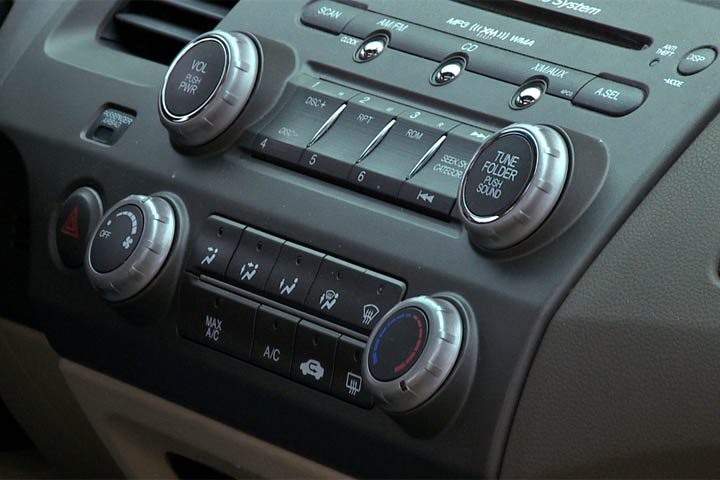Ever notice a little spot of liquid under your vehicle after you’ve parked in your driveway or garage? It may have been something as simple as water left from air conditioning condensation. But then again, it could be a sign that there’s trouble brewing in one of your vehicle’s systems.
You can help your service facility diagnose the problem by getting a little sample of the drip. At the same time, you may save yourself a tougher clean up task by preventing the leaky fluid from really messing up the driveway or garage floor. The first thing is to put something under the vehicle. A flattened out cardboard box will do fine. You may also want to slip a little disposable aluminum tray or pan under it to catch a bit of the fluid. Chroma and consistency can help a technician quickly figure out what kind of fluid you’re dealing with. You can take your sample with you when you go to your service facility.
Also note how much of the substance is there over what period of time, when you started to notice it and its location relative to the vehicle. Is it on the passenger’s or driver’s side? Front, middle or back? Vehicle’s have different designs, so where their equipment is located will depend on make and model.
The leaky fluid will have a certain look to it and consistency. If it’s blue, it may be windshield washer fluid and a sign that your washer fluid tank has a leak. If it’s green, it could be antifreeze. Orange may mean rusty water or transmission fluid. Brown? Might be oil.
There should be no leaks in your powertrain if things are maintained properly. A small leak may not seem like a big deal, but sometimes they can get much bigger quickly. A coolant leak, for example, may suddenly go from pinhole to flood, draining your cooling system and putting your engine in danger of overheating.
It is a really good idea to have a professional check out your leaks as soon as you notice them. And the more clues you can provide, the happier the technician will be as the search for the problem gets underway.
Autotronics of St. Peter
111 Jefferson Avenue
St. Peter, MN 56082
507.934.9290
http://autotronicsstpeter.com
